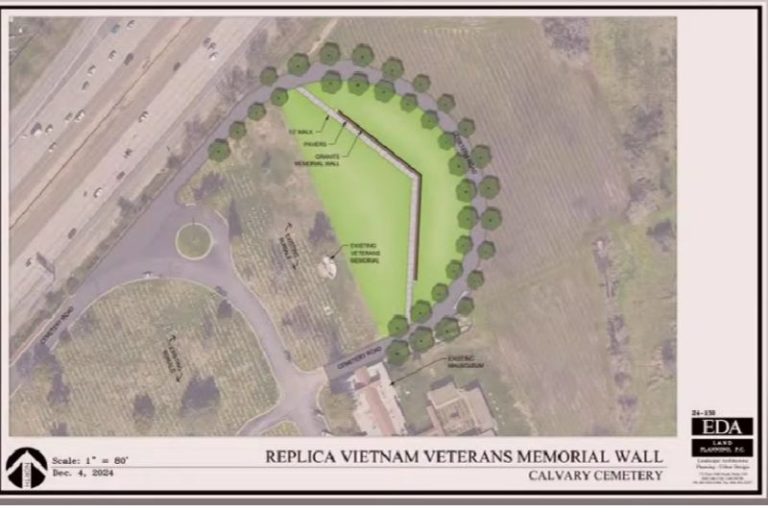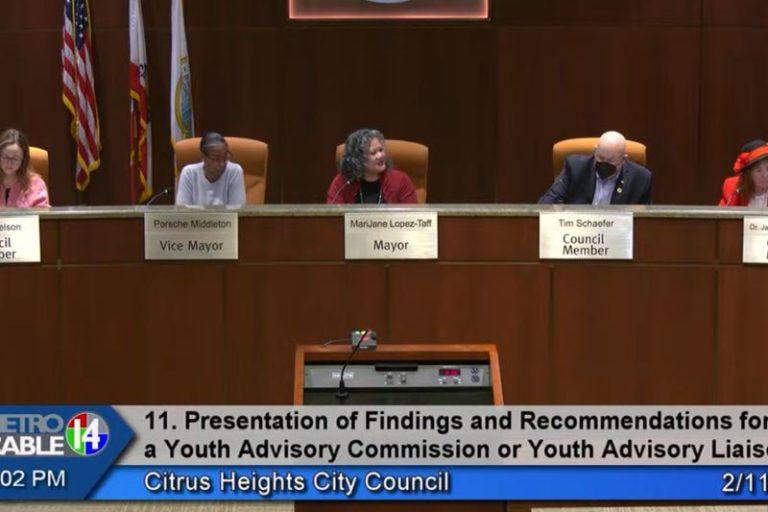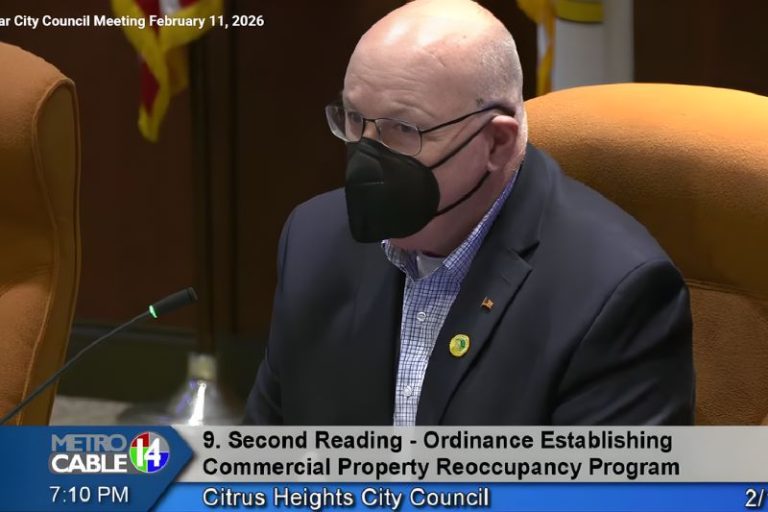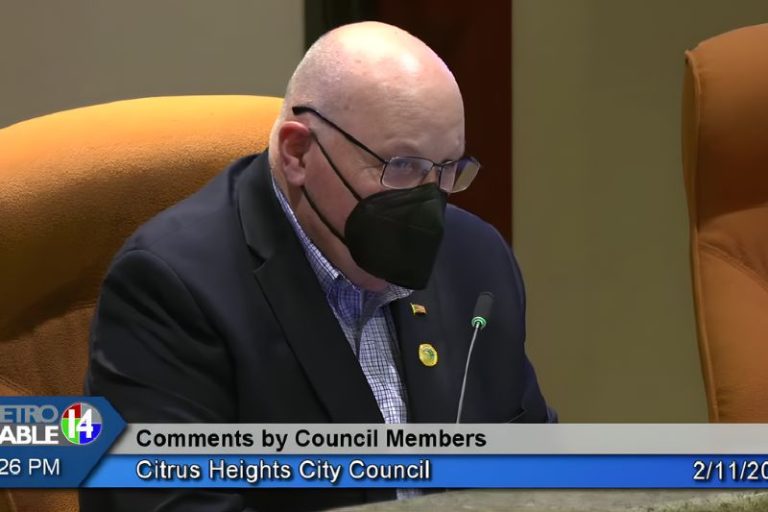Sentinel staff report–
New regulations and licensing requirements for Airbnb’s and other short-term rental properties in Citrus Heights will go into effect May 14, following a public hearing and 4-1 vote by the City Council on Thursday.
Council members who voted in support of the ordinance said requiring a license is a minimal step to help reduce potential problems associated with short-term rentals and help ensure tax revenue is collected. Councilman Bret Daniels, the sole opponent of the ordinance, noted a relatively low number of calls for service at such rentals and continued his criticism that the ordinance is a “solution looking for a problem.”
Related: Councilman criticizes proposed rental regs as ‘a solution looking for a problem’
No members of the public spoke during the public hearing.
Short-term rentals, as defined in the ordinance, include units or rooms rented out for a period of 30 days or less. Such rentals will be required to obtain a general business license each year at a cost of around $100 for the first year, with annual renewals charged at around $80.
As previously reported, an associated 12% “Transient Occupancy Tax,” or TOT, is already required to be paid by hotels and any short-term rental, but the city estimates it is losing out on between $43,000 and $75,000 in tax revenue each year, without a current way of tracking short-term rentals.
Licenses for short-term rentals are required by the cities of Sacramento, Elk Grove, Rocklin, and Roseville, but Rancho Cordova and Folsom do not require licenses.
A staff report included in the council’s March 24 agenda packet says the license requirement will give the city contact information for the rental’s operator, in the event of enforcement issues arising at the property. The report said 13 out of 52 short term rental properties identified in the city had generated at least one call for service from the Police Department over the past two years, although staff said “not all calls were able to be verified as caused by an STR tenant.”
The ordinance allows for short-term rentals in a wide range of homes, townhomes and condos, but specifically excludes newer accessory dwelling units and low-income housing from being used as STR’s.
“Accessory dwelling units constructed after January 1, 2021, inclusionary housing units, or other income-restricted housing units are prohibited from being used as a short-term rental,” the ordinance reads.
Regulations passed are relatively short, but impose a cap on the number of guests allowed, and specify that the rental can’t have an adverse affect on the neighborhood:
- Short-term rentals shall not be used by more than two guests per bedroom plus two additional guests between the hours of 10:00 p.m. and 7:00 a.m.
- Short-term rentals shall not adversely affect the residential character of the neighborhood nor shall the use generate noise, vibration, glare, odors, or other effects that unreasonably interfere with any person’s reasonable enjoyment of his or her residence. To this effect, the short-term rental activity shall comply with all provisions of the City of Citrus Heights Municipal Code.
- No person shall advertise any short-term rental without an issued short-term rental business license.
- The host shall fully comply with all the requirements of Chapter 86 (Transient Occupancy Tax) and any successor sections.










